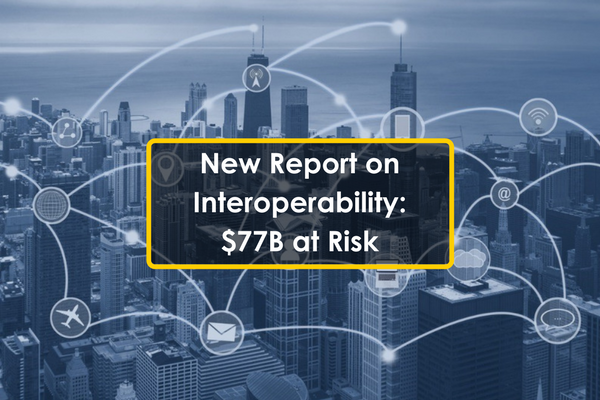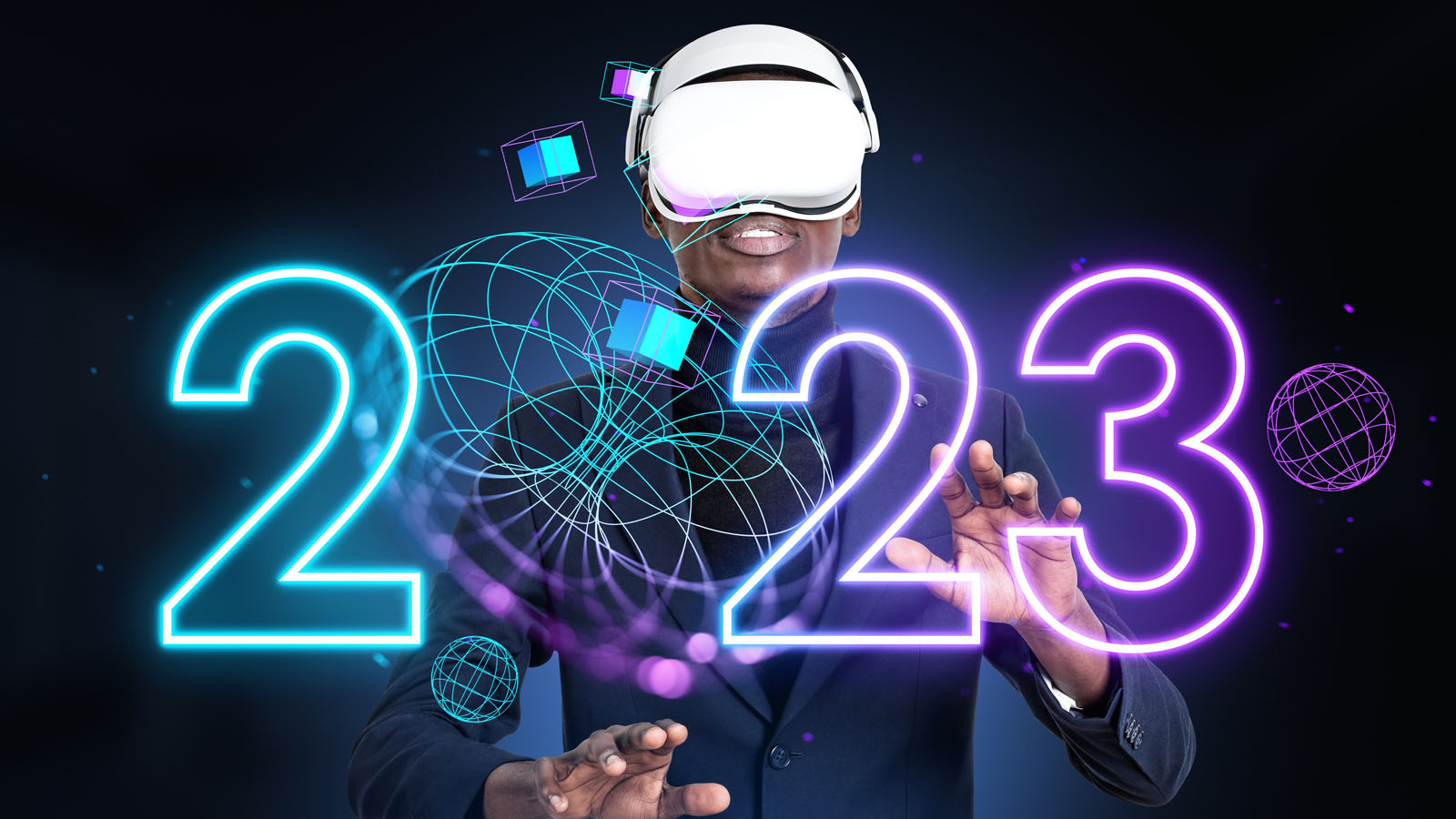December 7, 2017
IoT is the future of both software and technology and could contribute $11 trillion globally by 2025. However, that future is threatened by a troubling series of court cases that seek to erode one of the core building blocks that fuels the growth of IoT (Internet of Things) and makes its complex ecosystem possible – software interoperability – which allows developers to write code that interacts with different devices and software platforms.
Today the Developers Alliance and NDP Analytics released a new report, “Quantifying Risks to Interoperability in the Software Industry,” that found the negative economic impact of threats to interoperability in the home and auto IoT space alone could exceed $77 billion in economic productivity over the next eight years. Building barriers and allowing companies to license and restrict access to programming languages will fracture the market, increase security risks, harm developers, and jeopardize those economic gains.
One such case is Oracle’s long-running litigation against Google, with the federal court hearing an Oracle appeal today (see our filing in the case in a June 2017 blog, “Hold on to your APIs“). Oracle is suing Google for reimplementing a small portion of its Java programming language – the APIs that facilitate interoperability – in its implementation of the code in Android. Oracle is seeking to overturn a Federal Jury finding that this was permissible as “fair use.”
Were Oracle to win in this round, it would be able to control the interoperability of third party software using the Java language and APIs, which is the most popular language used by developers. Put another way, many developers who have long relied on the premise that reimplementing these APIs was fundamentally good programming practice might be stopped dead in their tracks. And we’re not alone in feeling this way. The negative impact would go far beyond those developing in Java; it would upend the economics of software development by jeopardizing the bedrock concept of software interoperability.
Interoperability is imperative to the future of the developer workforce, and to unlocking the tremendous potential of IoT. This has been a long-running issue and the Developers Alliance remains committed to what is best for developers. Any threat to interoperability is a threat to developers, to technological innovations, and to the billions of dollars in economic productivity they contribute.







